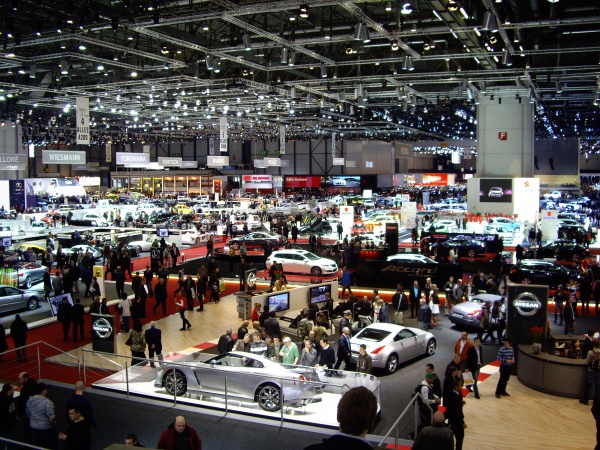Facts About Geneva Motor Show
The Geneva International Motor Show is an unmissable annual event for car enthusiasts, held each March in Geneva, Switzerland. Hosted at the Palexpo convention center, conveniently situated near the Geneva Cointrin International Airport, the show is organized by the Organisation Internationale des Constructeurs d'Automobiles and is regarded as one of the most significant auto shows globally.
Since its inception in 1905, the Geneva Motor Show has showcased an array of vehicles, from traditional cars to the latest in alternative-powered innovations. It is renowned for unveiling exotic supercars, cutting-edge prototypes, and pioneering automotive technologies. Additionally, the show serves as a hub for international collaborations and discussions on political and social issues affecting the automotive industry. Notably, Switzerland's lack of a domestic car industry makes the show a neutral ground for automakers worldwide.
The event is segmented into various sections, including motor cars, electric and alternative-powered vehicles, car design and engineering, tuners, original equipment manufacturers, accessories and parts, workshops, and other automotive-related products and services. A key highlight is the International Advanced Mobility Forum, which explores the future of mobility.
Regrettably, the COVID-19 pandemic resulted in the cancellation of the 2020 and 2021 editions. Despite these disruptions, the Geneva Motor Show boasts a long-standing reputation as a platform for major launches and innovative concepts from leading automakers, attracting a global audience and extensive media attention.
With its rich history dating back to the early 20th century, each iteration of the Geneva Motor Show is replete with production cars, concept vehicles, and the latest technological advancements. It remains a pivotal event that continues to shape the automotive industry and is a mainstay on the global auto show calendar.

 Austria
Austria